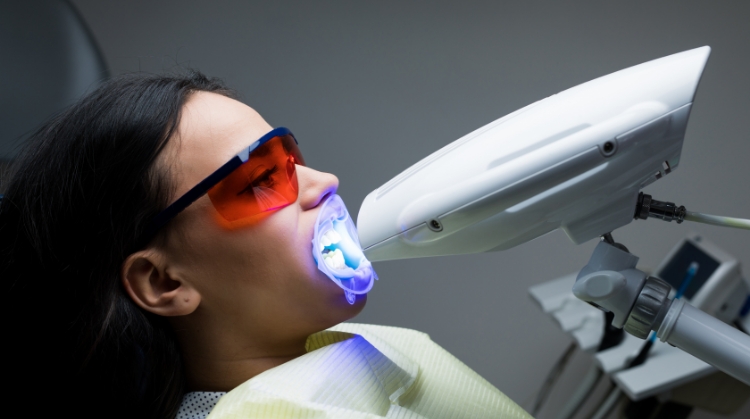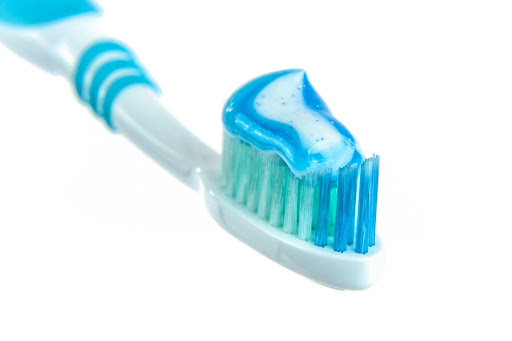Regular visits to the dentist and understanding common dental procedures are key components of maintaining optimal oral health care.
Dental procedures encompass a variety of treatments designed to address numerous dental issues, ensuring the wellbeing of your teeth and gums.
Let’s delve deeper into some of the most prevalent dental procedures and how they contribute to our oral health.
Importance of Regular Dental Check-ups
Before exploring specific dental procedures, it’s vital to understand the role of routine dental check-ups in oral health care.
These appointments provide an opportunity for dentists to monitor your oral health, detect potential issues early on, and determine necessary dental treatments.
During these visits, a professional teeth cleaning is often performed, which not only removes plaque and tartar but also helps prevent future dental problems.
Common Dental Treatments
Teeth Cleaning
Teeth cleaning is one of the most common dental treatments performed at dental clinics. This procedure helps remove plaque and tartar that brushing and flossing might miss. Regular teeth cleaning sessions can protect against gum disease, cavities, and bad breath, significantly enhancing your overall oral health care.
Typically, a dental hygienist will perform the teeth cleaning process, which includes periodontal charting to see what type of cleaning is recommended, scaling to eliminate plaque, polishing to give your teeth a smooth finish, and flossing to ensure all areas between teeth are cleaned.
Many dental professionals recommend that individuals undergo teeth cleaning every six months to maintain good oral hygiene.
Dental Fillings
Dental fillings are another essential part of common dental procedures, primarily used to treat cavities. When decay occurs, it can create holes/fractures in your teeth that need to be filled. Dentists use various materials for fillings, including composite resins, dental amalgam, gold, or porcelain, each having distinct properties.
The process of getting dental fillings typically begins with the dentist removing the decayed portion of the tooth. Once the cavity is cleaned and shaped, the filling material is inserted and shaped to fit perfectly. This procedure helps restore the tooth’s functionality and appearance while preventing further decay.
Root Canals
When dental decay progresses and reaches the pulp of the tooth, a root canal may become necessary. This common dental treatment involves the removal of infected pulp and the sealing of the tooth to prevent future infection. Though many people fear root canals, the procedure is designed to alleviate pain rather than cause it.
The process usually requires local anesthesia to ensure the patient is comfortable throughout the treatment. After the procedure, a temporary crown may be placed while a permanent one is being manufactured to restore the tooth’s strength.
Dental Crowns
Dental crowns, also referred to as caps, are prosthetic devices placed over a tooth to restore its shape, size, strength, and appearance. They are a common dental treatment after procedures like root canals, large existing fillings or for teeth that have been severely compromised due to decay or trauma.
Getting a dental crown typically involves two visits. During the first visit, the dentist will prepare the tooth and take impressions to create a perfect-fitting crown. A temporary crown is placed while waiting for the permanent one, typically two weeks between appointments, which will be cemented in place during the second appointment.
Orthodontic Treatments
Orthodontic treatments are often sought to correct misaligned teeth and jaws, improving not just appearances but also functionalities. This category of common dental procedures includes the application of braces, aligners, and retainers.
Braces are a traditional orthodontic method that’s effective in correcting bite and alignment issues over time. For those seeking a more discreet option, clear aligners are available and work similarly while being virtually invisible. Treatment time is a case by case decision.
Final Thoughts
Understanding common dental procedures is essential for both maintaining good oral health care and alleviating any anxiety surrounding visits to the dentist.
Regular teeth cleaning, dental fillings, root canals, crowns, and orthodontic treatments are all important components of comprehensive oral health.
By staying informed and proactive regarding your dental needs, you can ensure that your smile stays bright and healthy for years to come.

















